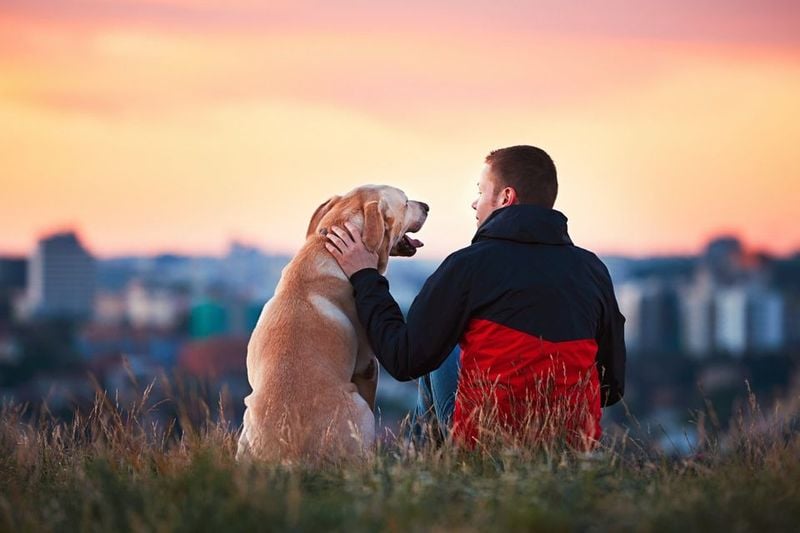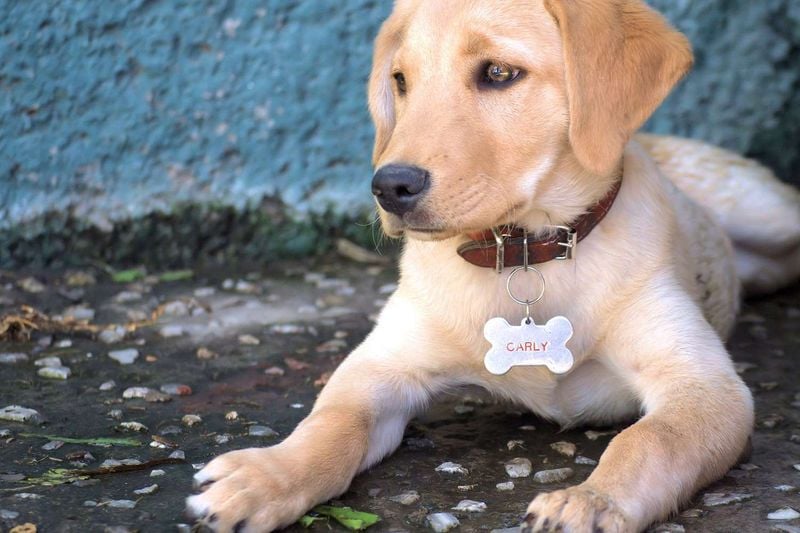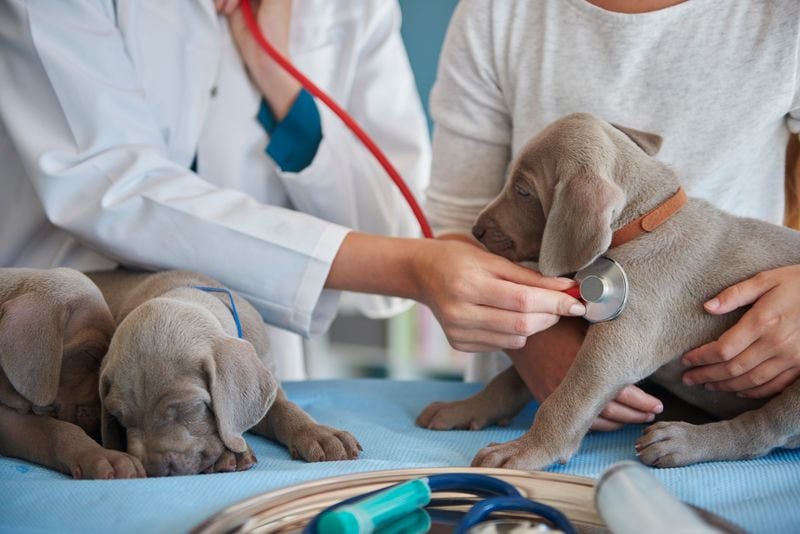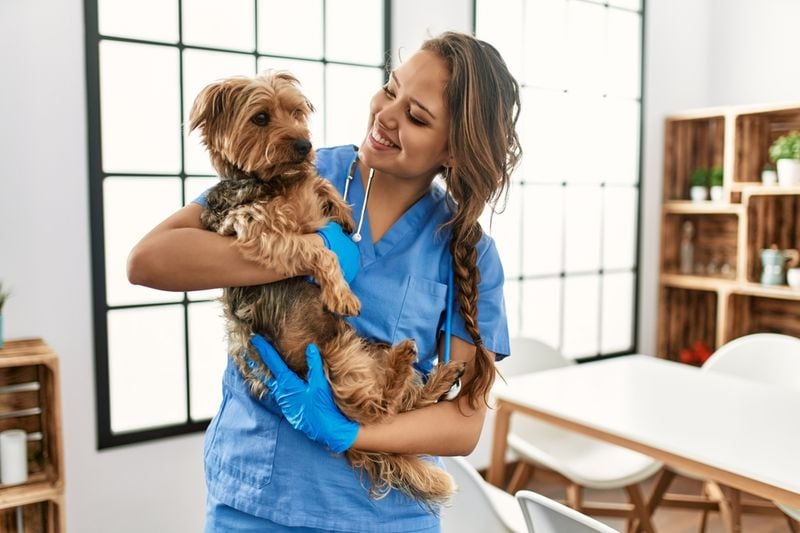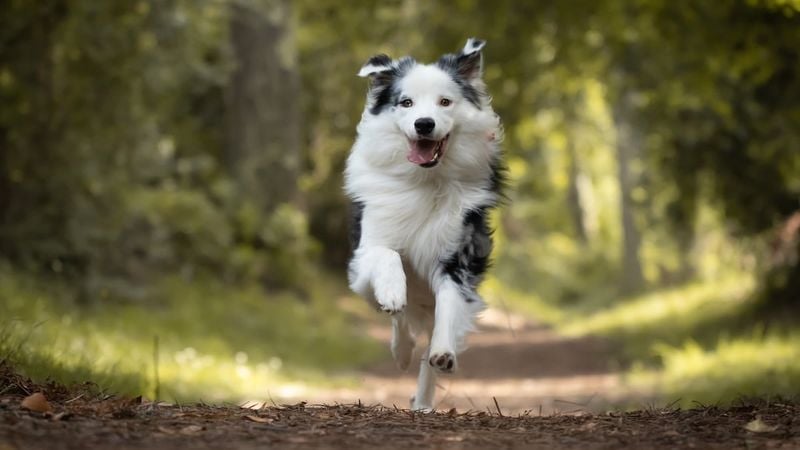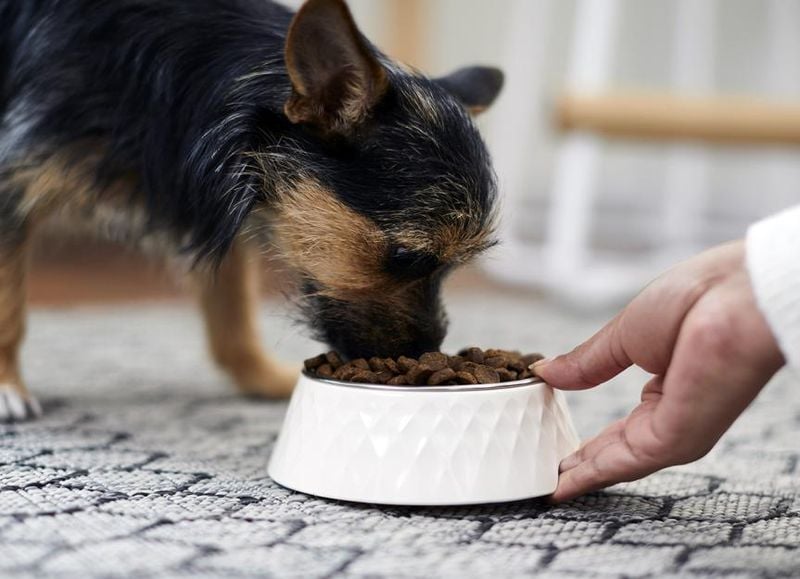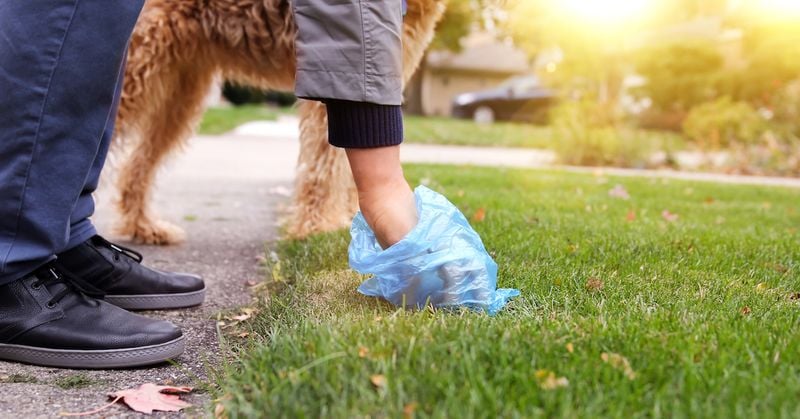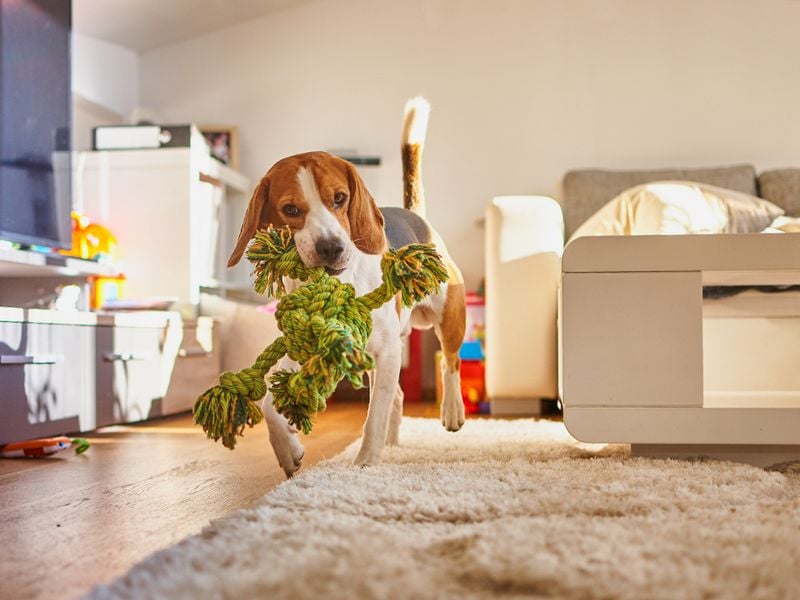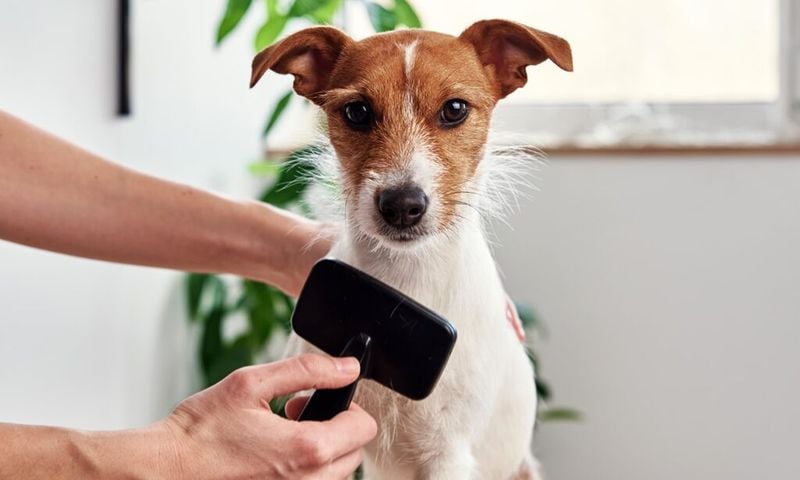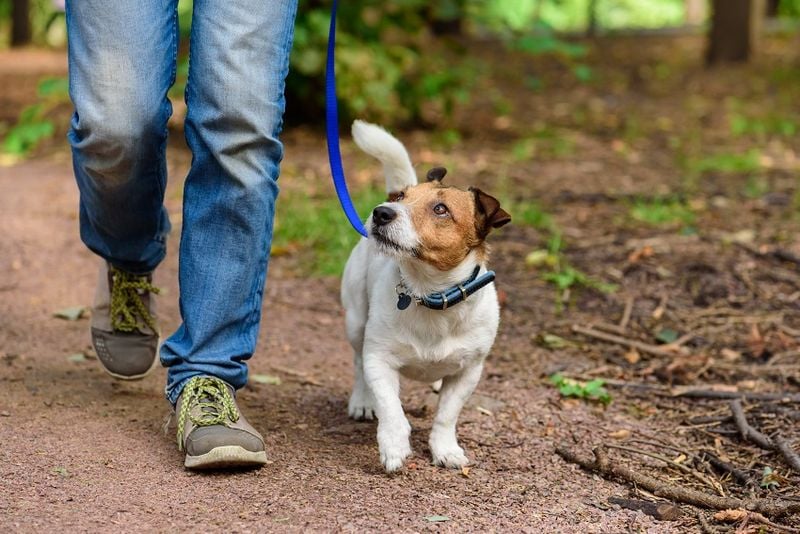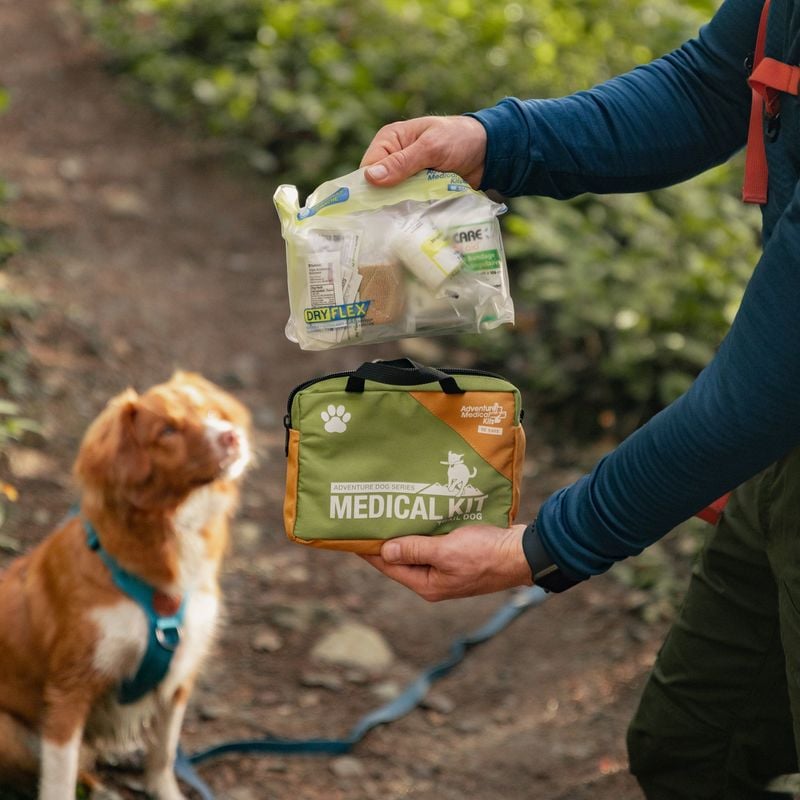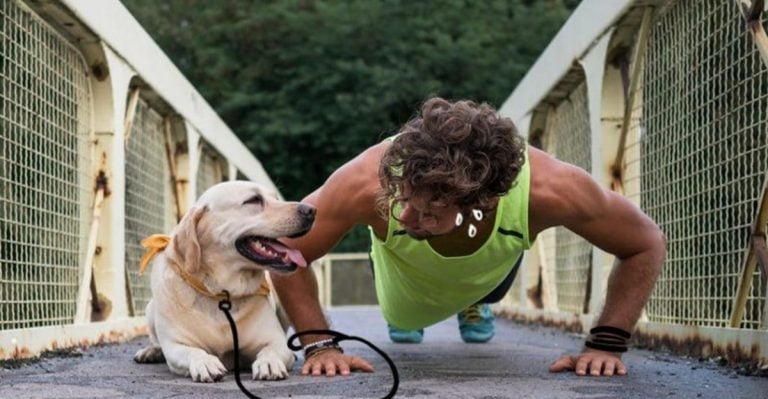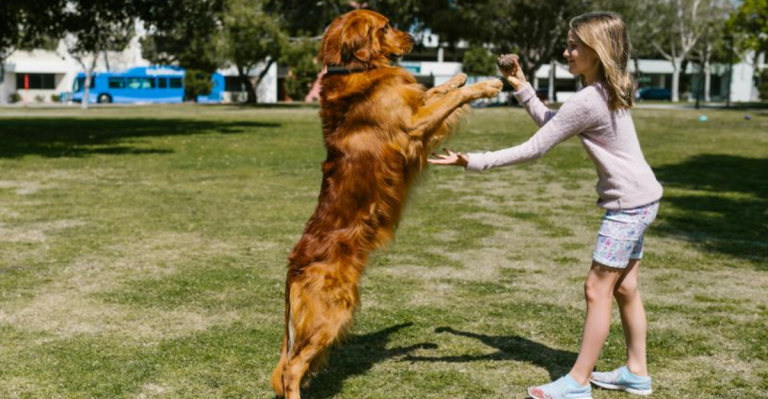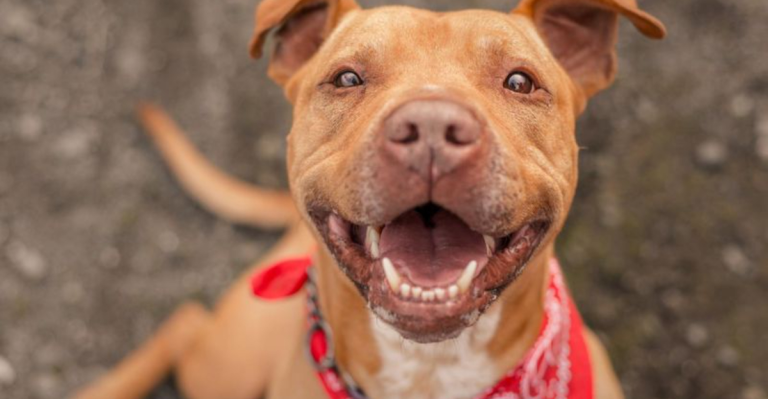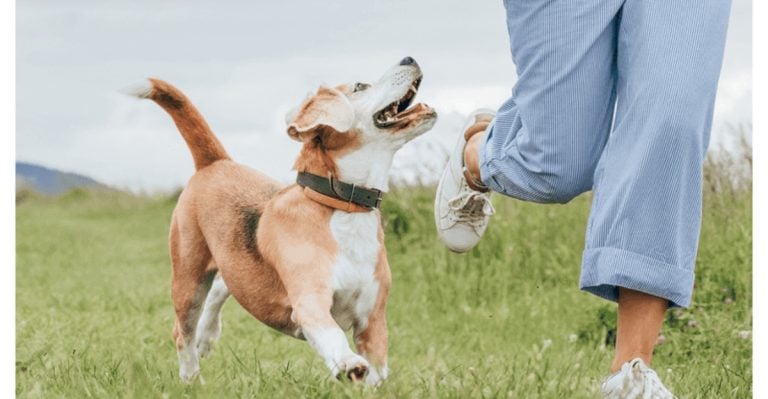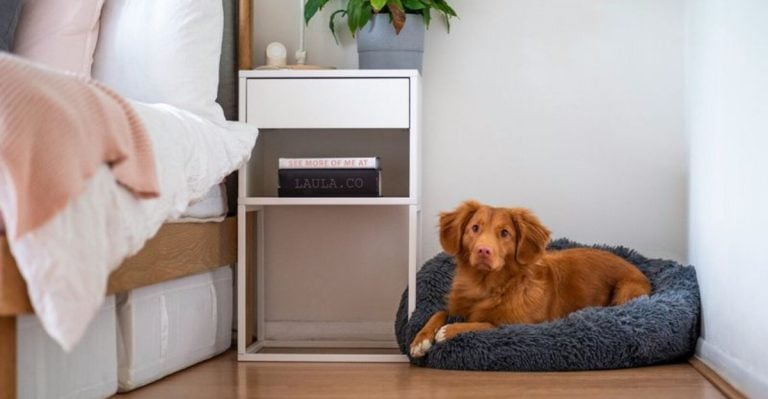Are You a Responsible Dog Owner? These 12 Signs Say Yes
Bringing a dog into your life means taking on a big responsibility that lasts for years. Good dog owners don’t just provide the basics like food and shelter – they commit to their pet’s overall wellbeing and happiness.
How do you know if you’re doing right by your furry friend? The following signs show you’re on the right track to being the kind of owner your dog deserves.
1. You’ve Made a Lifetime Promise
When you brought that puppy or rescue dog home, you made a silent pact to be there through thick and thin. Responsible owners understand that dogs aren’t temporary companions or disposable when life circumstances change.
Your commitment shows in how you adapt your life around your dog’s needs – finding pet-friendly housing, arranging care during vacations, and including them in major life decisions. Dogs thrive on stability and consistency.
This dedication means your dog will never face abandonment or surrender except in truly impossible situations. Your furry friend can count on you being their forever person, just as they’re your loyal companion for life.
2. Your Dog Wears Proper ID at All Times
Responsible dog parents ensure their pups wear collars with up-to-date ID tags containing current contact information. This simple step can mean the difference between a quick reunion and heartbreak if your dog ever gets lost.
Going a step further, you’ve had your dog microchipped – that tiny rice-sized implant that serves as a permanent identification method. Smart owners register the microchip and keep the information current with their vet and the microchip company.
Checking collar fit regularly and replacing worn tags demonstrates your understanding that proper identification is an essential safety measure, not an optional accessory.
3. Vet Visits Happen on Schedule
Marking your calendar for regular veterinary checkups shows you prioritize preventive care. Good owners don’t wait until their dog is sick – they schedule wellness exams, vaccinations, and dental cleanings according to their vet’s recommendations.
You keep track of parasite prevention for heartworms, fleas, and ticks, understanding these aren’t just optional treatments. Your dog’s medical records are organized and accessible, making it easy to monitor health trends over time.
During appointments, you ask thoughtful questions and follow through on the veterinarian’s advice. This proactive approach to healthcare helps catch potential problems early, saving your dog from unnecessary suffering and often saving you money in the long run.
4. You’ve Taken Care of the Spay/Neuter Decision
Thoughtful pet parents address spaying or neutering early in their dog’s life. This decision shows you’re thinking beyond just your own pet to the larger issue of pet overpopulation that leads to millions of shelter animals being euthanized yearly.
Besides preventing unwanted litters, these procedures offer health benefits including reduced risk of certain cancers and behavioral advantages like decreased roaming tendencies.
You’ve discussed timing with your veterinarian to determine the optimal age for your dog’s specific breed and health situation.
If you’ve chosen not to alter your dog for breeding or health reasons, you’ve taken responsible measures to prevent accidental breeding and manage intact-related behaviors appropriately.
5. Daily Movement Is Non-Negotiable
Rain or shine, you make sure your four-legged friend gets appropriate physical activity every single day. You recognize that different breeds have different exercise needs – a Border Collie requires more vigorous activity than a Basset Hound.
Mental stimulation matters just as much as physical exercise in your household. Puzzle toys, training games, and new experiences keep your dog’s mind sharp and prevent boredom-related behavior problems.
The daily walks, play sessions, and enrichment activities you provide aren’t just about physical health – they’re about fulfilling your dog’s natural instincts and building your bond. You notice how a well-exercised dog is a well-behaved, happy dog.
6. Manners Matter in Your Household
Good dog citizens don’t happen by accident – they’re created through consistent training and socialization. You’ve invested time teaching basic commands like sit, stay, and come, understanding these aren’t just cute tricks but vital safety skills.
Exposure to different people, animals, and environments started early in your dog’s life. You continue to provide positive social experiences that help your dog feel comfortable in various situations without fear or aggression.
Rather than punishment, you use positive reinforcement techniques that build trust and confidence. The result is a well-adjusted companion who knows how to behave appropriately at home, in public, and around others – a dog who’s a joy to live with and welcome everywhere.
7. You’re Particular About What Goes in the Bowl
Conscientious owners read pet food labels as carefully as their own, knowing that nutrition forms the foundation of good health. You’ve researched what constitutes a balanced diet for your dog’s specific age, size, breed, and activity level rather than just grabbing whatever’s on sale.
Portion control is part of your feeding routine, with measurements rather than guesswork determining how much your dog eats. You’re aware of healthy weight ranges for your dog’s breed and build, adjusting portions when needed to maintain optimal condition.
Treats are given thoughtfully as training rewards or occasional indulgences, not as regular dietary supplements. Fresh water is always available, with bowls cleaned daily to prevent bacterial growth.
8. You Always Scoop the Poop
Responsible dog owners never leave home without waste bags, seeing cleanup as a non-negotiable part of the dog walking routine. You understand that picking up after your dog isn’t just about being polite – it’s about public health and environmental protection.
Dog waste contains harmful bacteria and parasites that can contaminate water sources and spread disease to other animals and people. By promptly removing it, you’re helping keep your community clean and safe for everyone.
Even in your own yard, regular waste removal is part of your routine maintenance. This simple act of responsibility shows respect for neighbors, the environment, and other dog owners who might otherwise face stricter pet regulations because of those who don’t clean up.
9. Your Home Is a Dog-Safe Zone
Walking through your home, evidence of dog-proofing shows your commitment to safety. Toxic plants, chemicals, and choking hazards are kept out of reach, while secure fencing prevents escapes from your yard.
Electrical cords are managed to prevent chewing accidents, and trash cans have secure lids to deter curious noses. You’ve researched common household dangers like certain foods (chocolate, grapes, xylitol) and keep them safely stored away from your furry friend.
Temperature control matters too – you ensure your dog has appropriate shelter from extreme heat or cold. These precautions aren’t paranoia; they’re the mark of an owner who recognizes that dogs, like children, depend on us to create an environment where they can thrive safely.
10. Grooming Is Part of Your Regular Routine
Brushing your dog isn’t just about keeping your furniture fur-free – it’s a health practice you’ve incorporated into your regular schedule. Different coat types need different care, and you’ve learned what tools and techniques work best for your particular pup.
Nail trims happen before clicking sounds on your floor signal they’re too long. You check ears regularly for signs of infection and clean them appropriately based on your vet’s recommendations.
Dental care hasn’t been overlooked either – whether through brushing, dental treats, or professional cleanings. These consistent grooming habits prevent discomfort and health issues while giving you regular opportunities to check for lumps, bumps, or other changes that might need veterinary attention.
11. You’re Mindful of Others When Out and About
Leashing your dog in public isn’t just following the law – it’s showing consideration for people who might be fearful of dogs and for wildlife that could be disturbed. You understand that not everyone shares your love of canine companionship.
When guests visit, you’re attentive to your dog’s behavior and respectful of visitors’ comfort levels. Training your dog not to jump, bark excessively, or beg shows awareness that good manners matter beyond your own household.
In dog-friendly establishments, you follow the rules and keep your pet under control. This courteous approach helps maintain access to public spaces for all dog owners and creates positive impressions of dogs as welcome community members rather than nuisances.
12. You’re Prepared for the Unexpected
Smart dog owners have a plan B for emergencies before they happen. Your pet first aid kit contains essentials like gauze, bandages, and hydrogen peroxide, and you’ve learned basic first aid techniques for common situations.
The contact information for your regular vet, an emergency clinic, and poison control is readily accessible. You’ve researched after-hours care options in your area so you’re not scrambling during a crisis.
Planning extends to natural disasters too – your evacuation strategy includes your dog’s needs with carriers, food, medication, and identification ready to go. This preparation reflects understanding that responsible ownership means being ready for both everyday accidents and rare emergencies.

